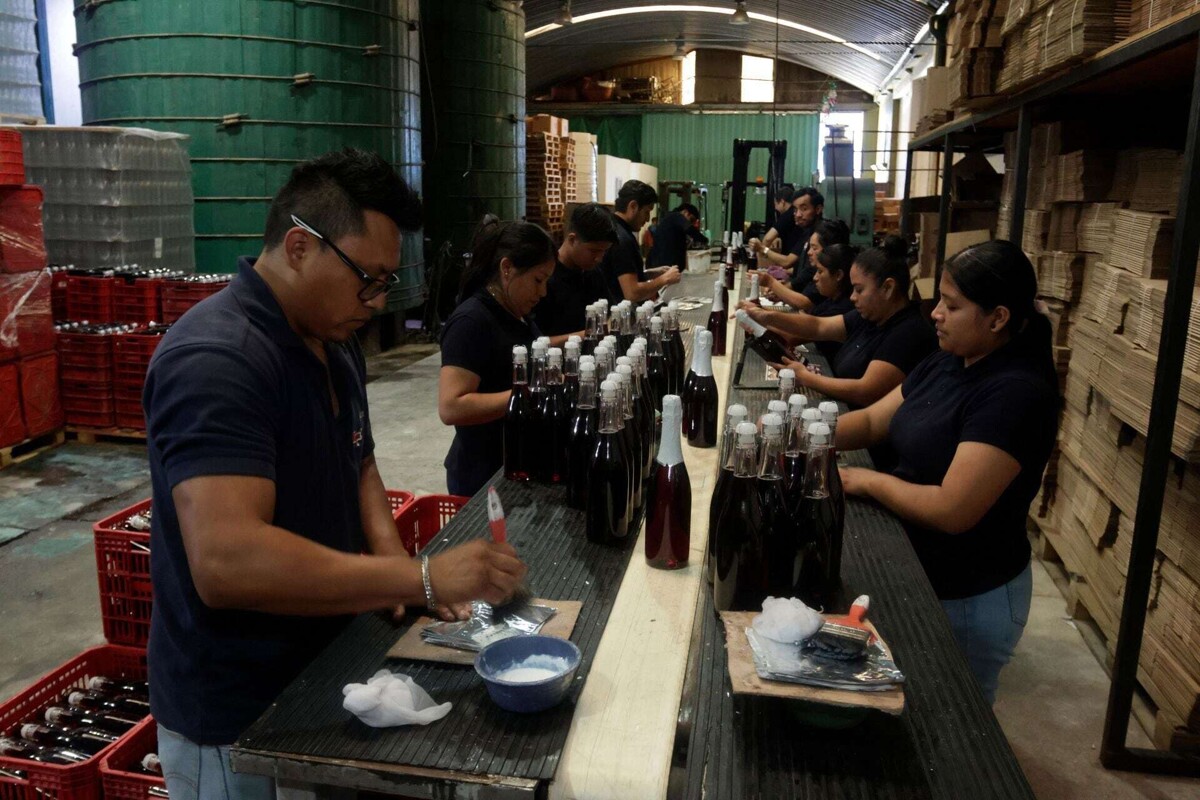
The Mexican economy is showing signs of slowing down rather than accelerating, despite the growth in the third quarter. This suggests that economic weakness has been present for some time, as reflected in the formal employment reaction. Despite analysts' projections, there are reasons to believe in more optimistic growth in the coming year, which could mean less drastic fiscal consolidation.
It is common for employment to respond with a delay to economic cycles, and the uncertainty generated by U.S. President Trump's policies could inhibit short-term investment. Although there is concern about the possibility of recession, there are prior elements in the economy that may cushion the impact. In the last quarter of the previous year, there was a contraction in agricultural and industrial production, which has generated debates about the current situation of the country.
Regarding the most recent economic reports, GDP reflects a slowdown, although a recovery is observed in the manufacturing sector that could boost the Mexican economy. Despite preliminary data, the country is not considered to be in recession, as the contraction in GDP occurred after growth in the previous quarter.
On the other hand, in the realm of public finances, the deficit was below government estimates, which could have implications for fiscal targets for this year. The dynamics of formal employment show signs of slowing down, with job creation below the average of previous years.
In summary, despite economic and political uncertainties, there are elements that could favor a scenario of sustained growth in the Mexican economy. The effects of past decisions, such as the cancellation of major projects, still reverberate today and add to the current challenges the country faces regarding growth and economic stability.














